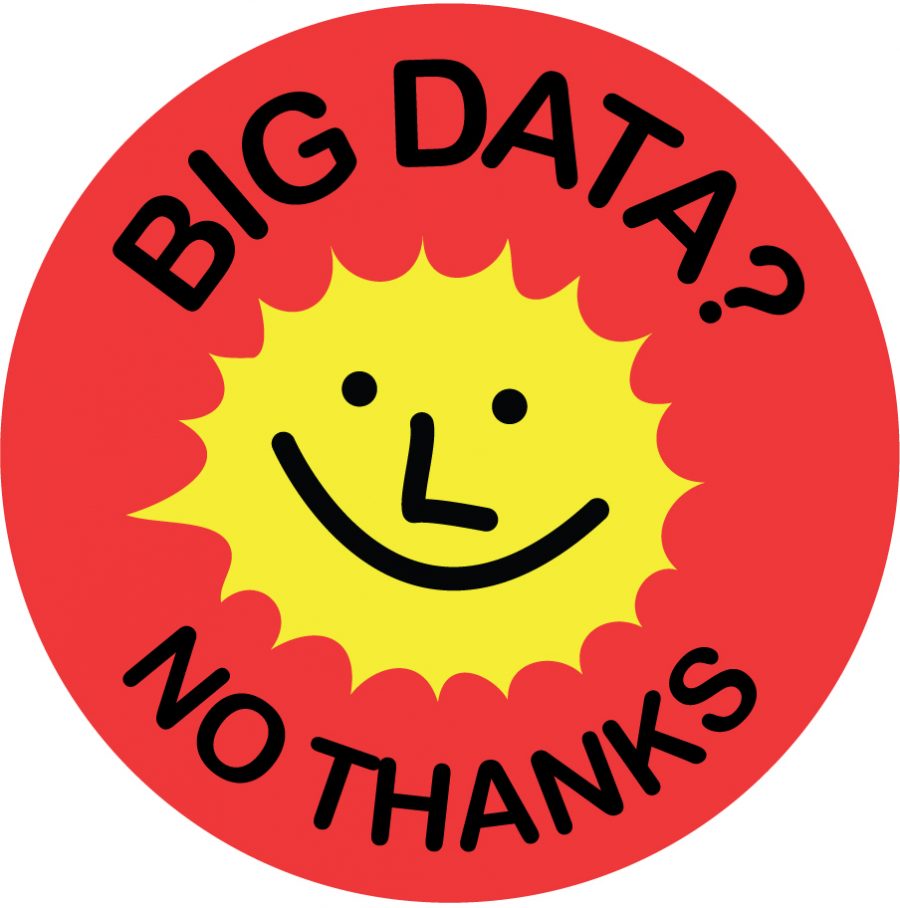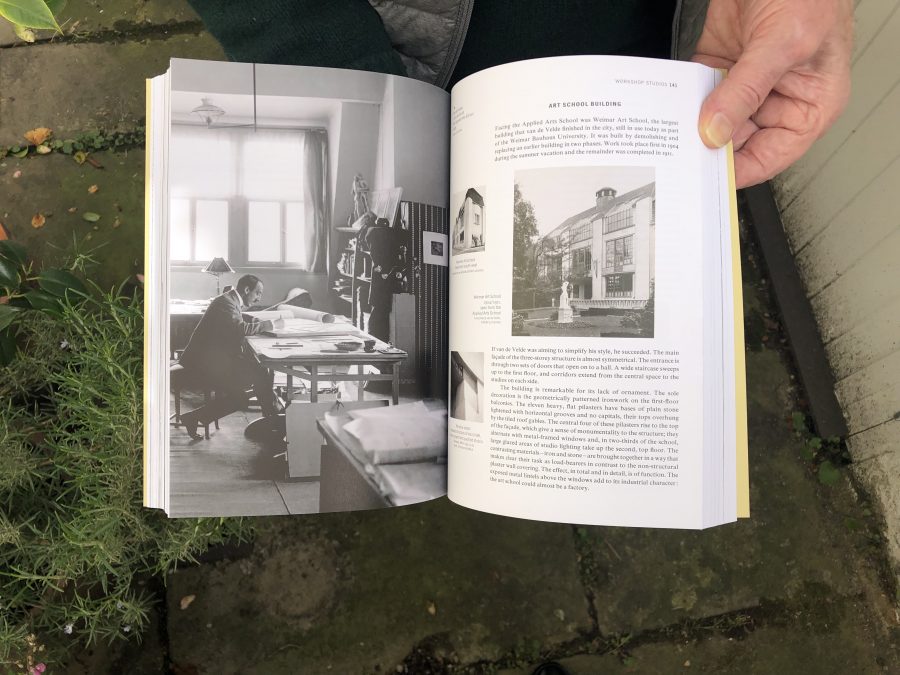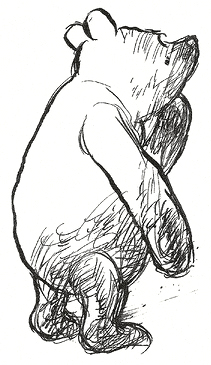Published
“I learn by going where I have to go”
I just finished The Farthest Shore, the third in Ursula K. Le Guin’s Earthsea Cycle. It is an ending of sorts, though there are a few more Earthsea books I’ll get to next. Though I enjoyed all of the Earthsea books, I think I like this one the best so far.
In The Farthest Shore, Earthsea is being sucked dry of life. Instead of this manifesting in nature, withering trees and that sort of thing, it is apparent in people’s behaviour towards each other and towards their professions. Though I’m not sure if she purposefully set out to do so, Le Guin paints an extraordinarily accurate picture of depression. She also demonstrates how dangerous and painful it can be to be exist without pride.
Ultimately, the deterioration of Earthsea has a single cause that is identifiable and fixable, with great effort and cost. Wouldn’t it be nice if the big problems we face in real-life were similarly solvable… Maybe they are.
So many passages in this book are worth remembering.
Ged giving counsel to a hypothetical king:
My lord, do nothing because it is righteous or praiseworthy or noble to do so; do nothing because it seems good to do so; do only that which you must do and which you cannot do in any other way.
Which is related somewhat to this part of the afterward, where Le Guin describes how she came to create Earthsea:
The poet Roethke said, “I learn by going where I have to go.” It is a sentence that has meant a great deal to me. Sometimes it tells me that by going where it is necessary for us to go, by following our own path, we learn our way through the world. Sometimes it tells me that we can only learn our way through the world by just starting out and going.
And Ged describing the way that a person’s actions can calcify their life:
When I was young, I had to choose between the life of being and the life of doing. And I leapt at the latter like a trout to a fly. But each deed you do, each act, binds you to itself and to its consequences, and makes you act again and yet again. Then very seldom do you come upon a space, a time like this, between act and act, when you may stop and simply be. Or wonder who, after all, you are.
Reminds me of a very short bit from Bill Callahan in his recent Guardian interview, on how it is easy to forget about the importance of idleness when you are working and trying so very hard: “On your list of things to do, you don’t write: ‘Daydream’.”


